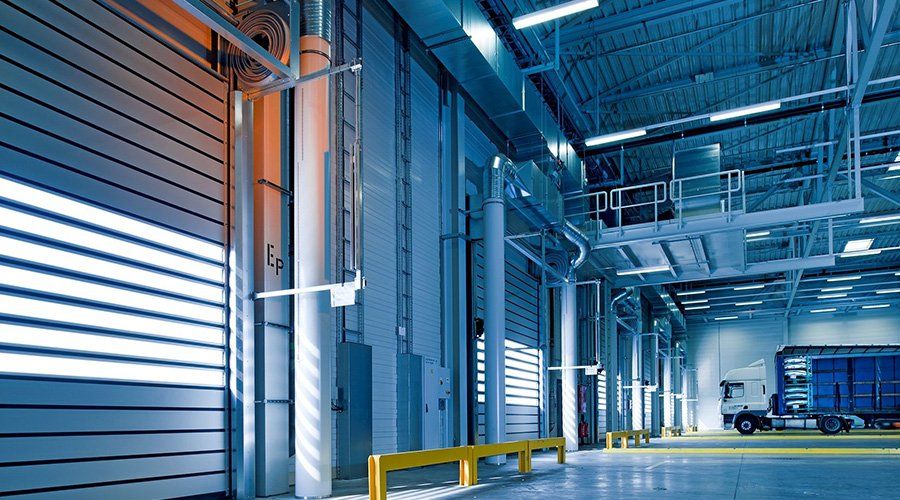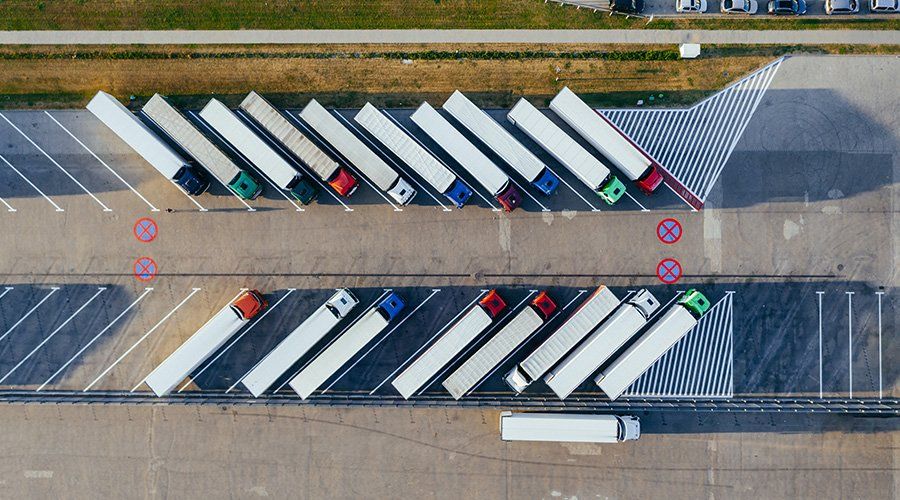
Plenty of changes are coming to the trucking industry, and most of them are being ushered in by emerging and advancing technology. Keep your business relevant by staying ahead of these exciting changes! Here are the eight fleet management trends to keep an eye on:
Remote Vehicle Monitoring
Because distracted driving is such a problem, many fleet managers are rolling out remote vehicle monitoring systems like dash cams. Fleet tracking devices monitor driver behavior both in and out of the cab, ensuring that your drivers are distraction-free via accountability.
Post-Hire Monitoring Solutions
Many fleet managers are opting to go past the standard pre-employment background check and DOT screening requirements (link to Your Guide to DOT Background Check Requirements for Drivers) to include driving monitoring or continuous criminal monitoring as part of their fleet management strategies. Both of these screening services give employers immediate insight into any problematic activity (driving offenses and criminal activity, respectively) rather than waiting for a re-screen to capture the offense.
Safety and Sanitization Protocols
The pandemic has pushed safety and sanitization into the minds of every business leader, including fleet managers. An awareness of the importance of health and safety protocols is one of the only benefits that came out of COVID-19. Properly equipping your fleet with sanitization measures and personal protection equipment (PPE) will be standard operating procedure going forward, even after COVID-19 is long gone.
Screen Your Employees
A thorough, recurring background screening program is a great use of time and money. While the DOT mandates certain screening requirements (link to Your Guide to DOT Background Check Requirements for Drivers), effective fleet management sometimes requires going a step beyond these rules. Continuous monitoring programs are particularly useful, as they alert managers to any criminal activity or driving-related incidents the moment they occur, rather than months down the line.
Leveraging Fleet Data Strategically
The influx of data we’ve seen in recent years (and the expansion we will continue to see) will be used more effectively going forward. Fleet managers can leverage this data to make strategic adjustments that improve their drivers’ routes, time usage, and more. Route optimization, predictive maintenance, lane departures, safety mishaps, and more can all work together to manage a safer, more efficient team.
Expansion of 5G
5G is the latest generation of the mobile network, and
many industry professionals predict it will be a major tech revolution for the fleet management industry. With improved data transfer speeds, we’ll see more efficient routing, improved communication between drivers, managers, and customers, better sensors to help drivers remain in their lanes, faster vehicle maintenance, and even trucks that are more
responsive to their surroundings.
Electric Vehicle Adoption
The movement toward electric vehicles has been a hot topic for several years, and this year we get even closer. Some states have already put restrictions in place that require all new vehicles be
emission-free by 2035. The cost of replacing old vehicles with new, electric vehicles is hefty. However, the long-time savings are clear: in January of 2021, fuel prices
hovered around $2.40 per gallon. Electricity, on the other hand, is
just $0.14 kWh.
Preparing for Autonomous Commercial Vehicles
Electric vehicles are a big topic of conversation, and the approach of autonomous commercial vehicles is, too. While there is still some debate over their impact on the trucking industry (link to Will Truck Driving Be Automated?), now is the time for fleet managers to keep themselves informed about advancements in this technology. Congress has already passed legislation that makes it easier to test this emerging technology more effectively.
More API Integration with Software Platforms
With all of these advancements in technology that will positively impact the fleet management world, we’ll see an increased reliance on APIs, which are “application programming interfaces” that help integrate one piece of software with another. Fleet management software already integrates with a variety of tech platforms, but more extensive APIs will allow all parts of fleet management—from driver communication to fuel usage to hours on the road—to neatly reside within the platform you use every day.
Still wondering what you can do to more effectively manage your fleet of vehicles? Check out 8 Fleet Management Tips for Effective Fleet Management.








